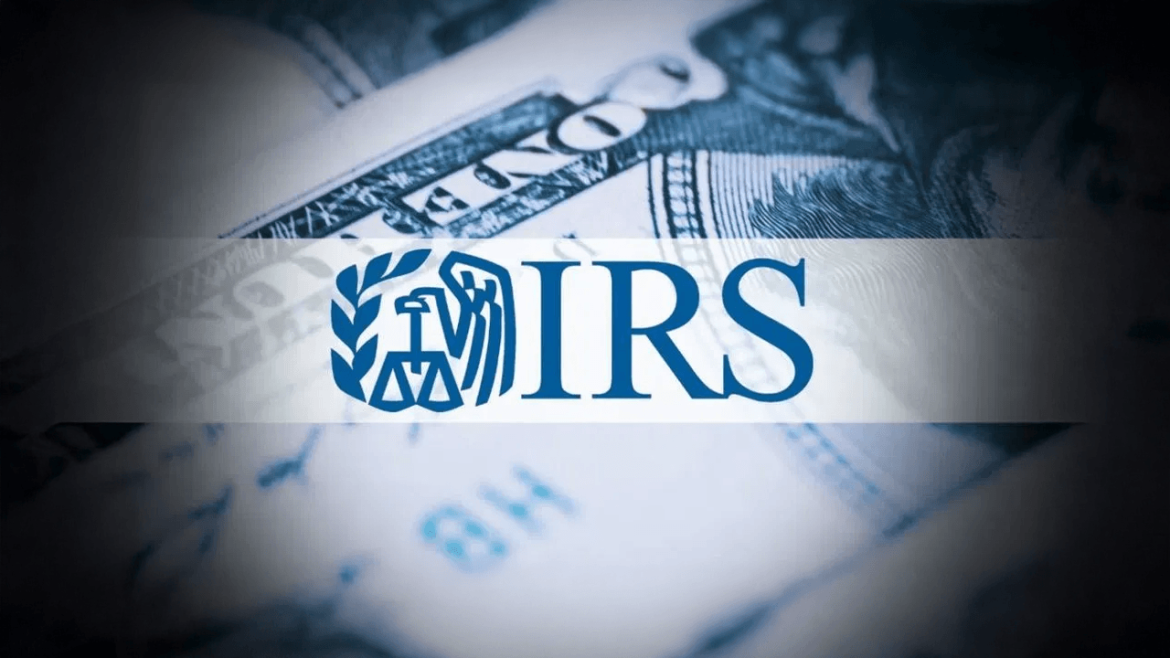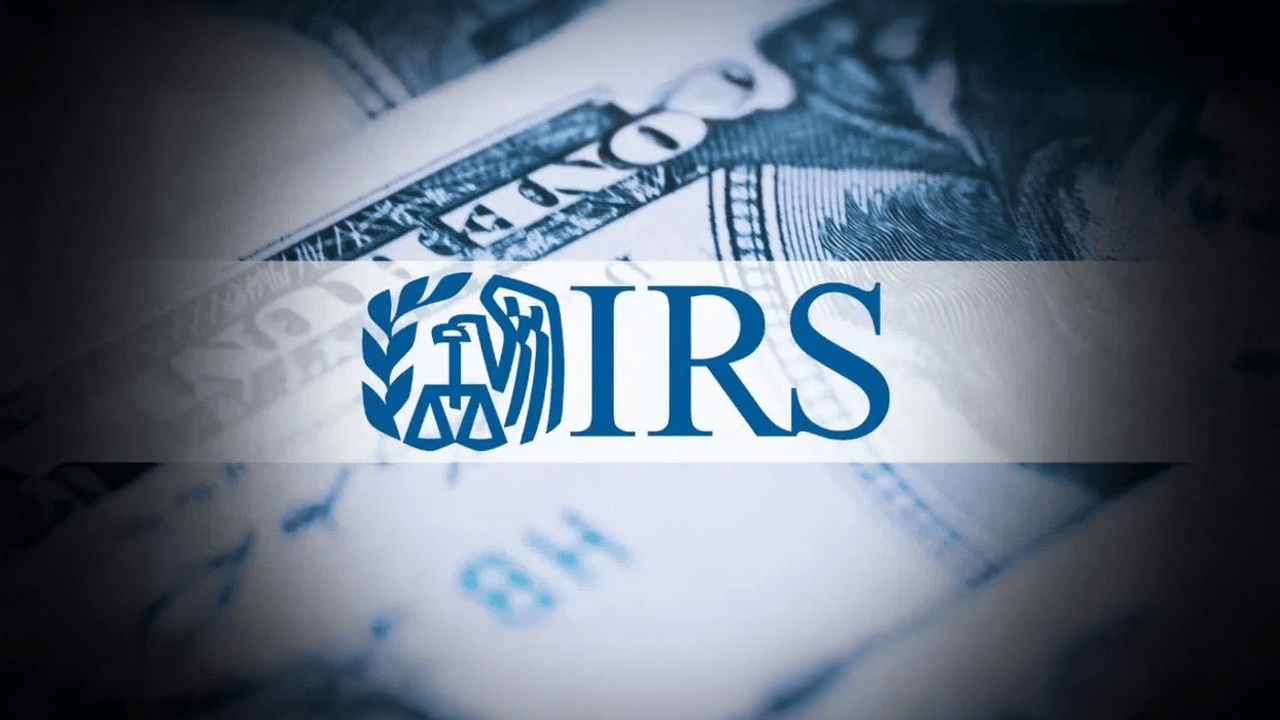The repeal of the IRS’s crypto broker rule represents a pivotal moment in the ongoing dialogue between regulators and the decentralized finance (DeFi) ecosystem. This decision, which followed a bipartisan effort in Congress, underscores the growing recognition of the unique challenges and opportunities presented by digital assets. The repeal was not merely a rejection of a specific regulatory approach but a broader acknowledgment of the need for a more nuanced understanding of DeFi’s decentralized nature.
The genesis of the controversy lay in the IRS’s attempt to extend traditional broker reporting requirements to DeFi platforms. This move was driven by the desire to enhance tax compliance in the crypto space, which has long been a concern for governments worldwide. However, the crypto community argued that applying centralized reporting frameworks to decentralized protocols was impractical and potentially harmful. DeFi platforms operate on a permissionless basis, often without centralized control, making it difficult to collect and report user data in the manner required by the IRS.
The proposed rule raised several critical concerns. First, it threatened to undermine the privacy principles that are central to many crypto enthusiasts. Requiring DeFi platforms to collect and report user data could expose participants to surveillance and increase the risk of data breaches. Second, the technological feasibility of implementing such requirements was questionable. Many DeFi protocols are not designed to collect the kind of information demanded by the IRS, and retrofitting them to comply could compromise their security and functionality. Third, the rule risked stifling innovation by creating an unlevel playing field that favored centralized exchanges over decentralized alternatives. This could drive DeFi activity offshore, potentially ceding leadership in this emerging technology to other countries.
The bipartisan backlash in Congress highlighted the growing political power of the crypto industry. Lawmakers from both parties recognized the potential harms of overregulation and the need for a more balanced approach. The passage of a resolution under the Congressional Review Act (CRA) demonstrated a clear rebuke of the IRS’s approach and signaled a shift in the political landscape. The fact that the resolution was signed into law by President Donald Trump, a figure not traditionally associated with the crypto community, further underscored the breadth of support for a more measured regulatory framework.
The repeal of the crypto broker rule is a significant victory for the crypto industry, but it is not the end of the regulatory journey. The U.S. government remains committed to increasing tax compliance in the digital asset space, and new regulations are likely to be proposed in the future. Key issues that remain unresolved include the definition of “broker” in the context of digital assets, the regulation of DeFi, and international coordination on crypto regulation. The IRS will need to find a way to promote tax compliance without stifling innovation, while regulators must develop frameworks that are both effective and technologically feasible.
The crypto community must not become complacent in the wake of this victory. The fight for sensible crypto regulation is far from over. The industry must continue to engage with policymakers, educate them about the complexities of digital assets, and advocate for regulatory frameworks that promote innovation and protect consumers. The future of crypto depends on a constructive dialogue between regulators and the decentralized ecosystem, one that balances the need for compliance with the principles of decentralization and innovation.
In conclusion, the repeal of the crypto broker rule marks a new chapter in the relationship between the crypto industry and the U.S. government. It is a victory for innovation, privacy, and common sense, but it also comes with a renewed responsibility. The crypto community must seize this opportunity to shape the future of regulation, ensuring that digital assets can thrive within a clear and sensible framework. The unwinding of this particular tax tightrope has provided some much-needed breathing room, but the path forward requires careful navigation and a commitment to responsible innovation. The lessons learned from this episode will be crucial as the crypto industry continues to evolve and regulators grapple with the challenges of a decentralized future.





